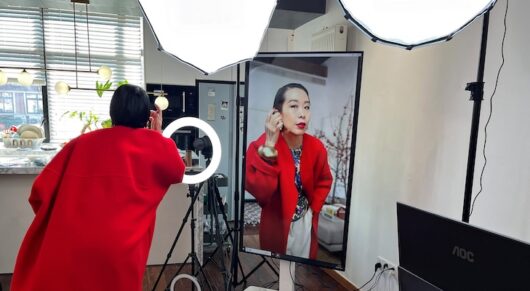If you are anything close to average, chances are you check your email or instant messenger every six minutes, according to research from Rescue Time. On average, we spend four hours per day on our mobile phones, with half of that time dedicated to the top five social media platforms. This is the equivalent to spending six weeks per year on social media (assuming you sleep for eight hours every night and the glow of Instagram isn’t keeping you awake). And in the world of working from home, the
there are many more distractions to grab our attention: putting a load of washing on, having our 14th snack of the day and Netflix binges.
Is it any wonder that procrastination is a problem for so many of us? There are dozens of fun things to do during work hours other than our actual work. And all of this is available to us without even setting foot outside.
Here are four strategies to help kick your procrastination habit.
1. Make your phone boring
When we are trying to get work done, the desire to “just check” our phone every few minutes or check every incoming notification dramatically reduces productivity.
To remove the urge to “just check”, we need to break the habit. One reason habits form is because the behaviour is easy to do. As such, one way to break a habit is to make the behaviour harder to do.
If Instagram is front and centre on your phone’s home screen, it’s easy to make Instagram the first thing you check when you pick up your phone. But if you delete Instagram or move it to a hidden folder, checking your feed becomes a whole lot harder.
If you are serious about kicking your procrastination habit, delete all the apps on your phone that you find most addictive. If this idea feels overwhelming, try this strategy for just one week and see how your behaviour changes. If your social life falls apart without Facebook on your phone, by all means, reinstall it. But you might find things get a lot better.
2 Give yourself “Freedom”
If you want to step things up a notch, check out Freedom. Freedom allows you to block yourself from accessing certain websites and applications, or if you are game, the entire internet. You simply decide when you want to get deep, focused work done and Freedom blocks you out of all potential distractions.
I’ve found that my willpower is strong in the morning and I can generally avoid digital distractions, but afternoons are much harder. By using Freedom to lock myself out of Gmail and other distracting or addictive websites between 1–4pm every day, I was able to be far more productive in the afternoon.
And if you think you might end up wanting to simply hack the system, you can use “Locked Mode” which literally makes it impossible for you to switch off a Freedom session prematurely.
3 Set yourself a focus goal
Let’s face it – distractions can be fun. There are hours of entertainment to be had on TikTok, endless entertainment options on Netflix and even stacking the dishwasher can seem like fun when we have a challenging work task staring us in the face.
Rather than immediately succumbing to the siren song of Instagram, try setting yourself a “focus goal”. Make a deal with yourself: if you stay focused on work for an hour, you’ll give yourself permission to scroll through Instagram for ten minutes as your reward.
4 Take the “right” kind of breaks
We tend to procrastinate more when our energy levels are low. As such, kick your procrastination habit by boosting energy with regular breaks.
Psychologists have revealed that there are ideal conditions for taking effective breaks. For example, research from the University of Colorado has shown that in contrast to one 30-minute break or no breaks at all, hourly five-minute walking breaks boost energy, sharpen focus, improve mood and reduce feelings of fatigue in the afternoon more effectively.
Try out any or all of these strategies and you’ll be well on the way to kicking your procrastination habit.
Dr Amantha Imber is the founder of behavioural science consultancy Inventium and the host of How I Work, a podcast about the habits and rituals of the world’s most successful people.







